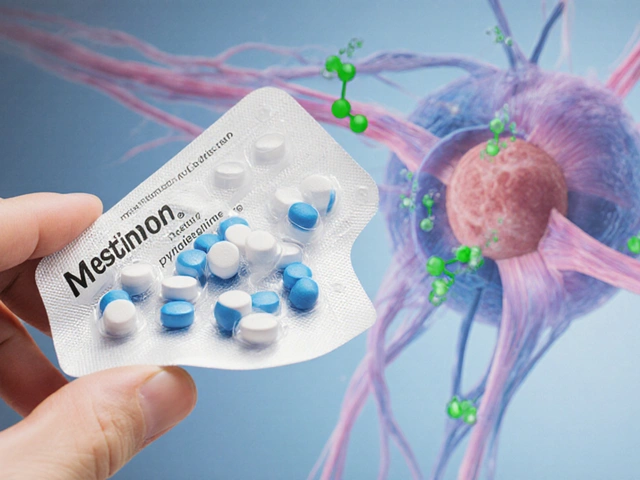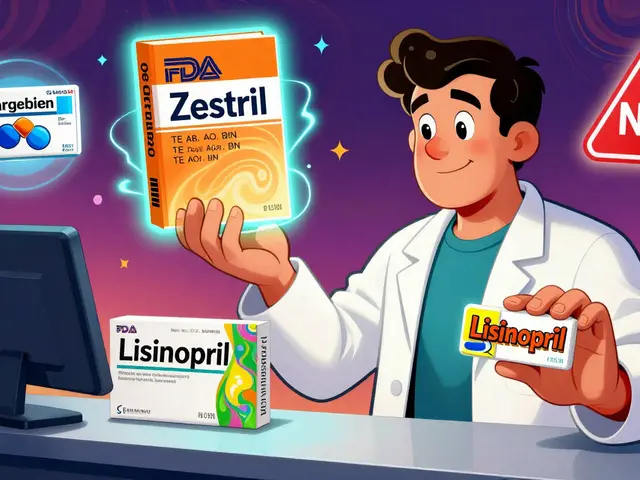
Gout Relationships: Links Between Gout, Diet, Medications & Health
If you’ve ever wondered why gout shows up out of the blue, you’re not alone. It isn’t just a random joint pain – it’s often a sign that something else in your body or lifestyle is out of balance. In this guide we’ll walk through the most common connections, from the foods you love to the medicines you take, and give you clear steps to keep gout in check.
Food and Drink – The Everyday Triggers
High‑purine foods are the poster child for gout attacks. Red meat, shellfish, organ meats and even some beans can raise uric‑acid levels. That doesn’t mean you have to quit pizza forever, but swapping a few meals a week for lower‑purine options can make a big difference. Try adding more dairy, cherries, and leafy greens – they help the body clear uric acid faster.
Alcohol, especially beer and spirits, is a sneaky culprit. Even a single weekend binge can push uric acid over the edge. If you enjoy a drink, keep it moderate and pair it with water. Hydration is key; drinking plenty of water helps flush excess uric acid through the kidneys.
Medications and Other Conditions – The Hidden Links
Many people don’t realize that some prescription drugs can raise uric‑acid levels. Diuretics like hydrochlorothiazide (often prescribed for high blood pressure) reduce kidney‑filtering ability, making gout more likely. If you’re on a diuretic, ask your doctor whether a low‑dose version or a different blood‑pressure med could work better for you.
Other health issues – such as obesity, high blood pressure, and kidney disease – share a common pathway with gout. Excess weight increases uric‑acid production, while kidney problems limit the organ’s ability to clear it. Tackling these conditions together usually eases gout symptoms. For example, regular low‑impact exercise (walking, cycling) can improve both blood pressure and weight, which in turn lowers gout risk.
Supplements can play a role, too. Some herbal extracts like Nux Vomica or Aristolochia are marketed for joint health, but they don’t lower uric acid and may even stress the kidneys. Stick to evidence‑based options such as cherry extract or vitamin C, which have modest uric‑acid‑lowering effects.
In short, gout is a web that ties together diet, medicines, and other health problems. Understanding those connections helps you target the root cause instead of just treating the pain.
Ready to dive deeper? Check out our articles on hypertension combos, cheap generic medications, and supplement safety – they all touch on aspects that can influence gout. By knowing how each piece fits, you’ll be better equipped to prevent flare‑ups and stay active.
Take the first step today: cut back on one high‑purine food, drink an extra glass of water, and talk to your GP about any diuretics you’re on. Small changes add up, and you’ll feel the difference in your joints and overall health.
-
6 Aug






